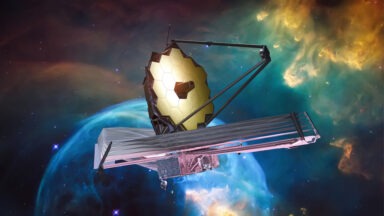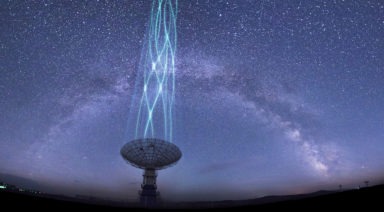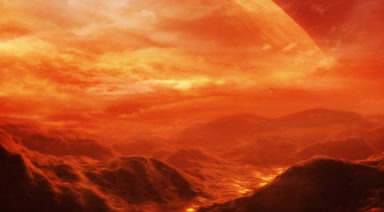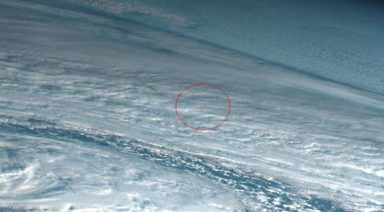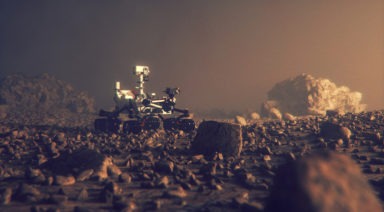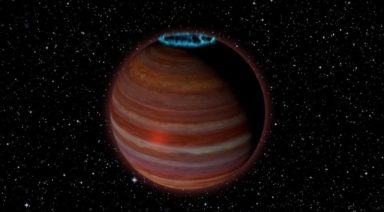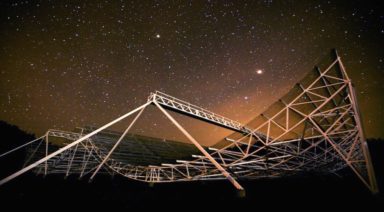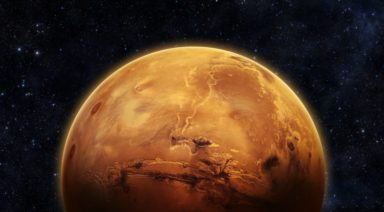Dead Humpback Whale Found in Amazon Jungle Baffles Scientists
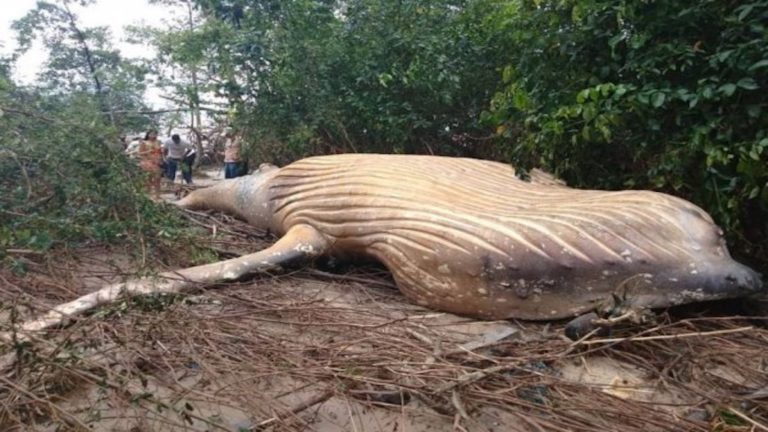
Scientists are baffled by the discovery of a 26-foot-long humpback whale in the middle of the Amazon jungle, on Marajó Island in northern Brazil. The 10-ton male calf was found some 50 feet from the ocean shore, lying in the middle of a tropical mangrove where it will decompose as experts have no way of reaching it with heavy machinery.
The juvenile whale was estimated to be about a year old and is believed to have been separated from its mother during a migration, before washing up on shore in a storm. But how it landed in the middle of the thick jungle growth that far inland is still a bit of a mystery.
Scientists’ only guess is that a storm may have somehow flung the creature into the forest, though the details don’t quite add up. The animal’s carcass is relatively unscathed, and researchers are unable to reach it with bulldozers. So, how did a storm toss this behemoth of an animal that far, or push it into the jungle without leaving a clear path of destruction?
Renata Emin, project leader at the Bicho D’agua Institute, told Brazilian news publication O Liberal, “We’re still not sure how it landed here, but we’re guessing that the creature was floating close to the shore and the tide, which has been pretty considerable over the past few days, picked it up and threw it inland, into the mangrove.”
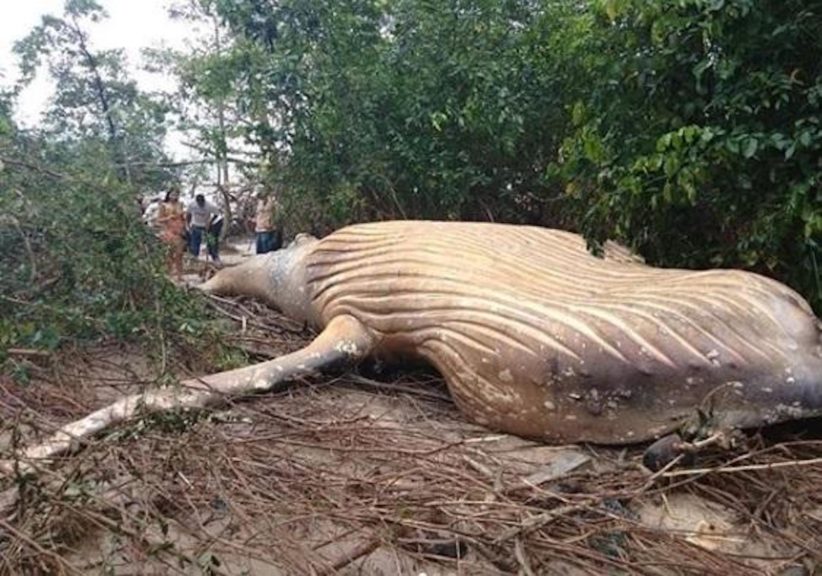
Adding to the mystery is the fact that humpback whales are almost never seen in this particular region at this time of year. According to Emin, it’s common to see them on the country’s southern coast from August through November, but rarely do they travel the hundreds of miles north to the mouth of the Amazon in February. Something strange certainly caused the not-so-little guy to get lost.
Scientists were alerted to the animal’s presence when they noticed flocking birds of prey scavenging on its carcass. And because of the animal’s peculiar and confined location they will allow it to decompose before eventually removing the bones to be displayed at a local museum.
In the past there have been bizarre meteorological phenomena that cause fish and other animals to rain from the sky during intense storms or tornadic waterspouts, though animals as large as whales have never been reported.
And while it’s more likely that a storm led to the animal being violently pushed inland, fans of The Hitchhikers’ Guide to the Galaxy, might instantly harken back to the scene when a sperm whale is suddenly called into existence several miles above the surface of an alien planet, questioning the point of its existence – and body parts – as it plummets to the ground.
Maybe scientists on the ground in Brazil should also be on the lookout for a shattered bowl of petunias.
For more on the mystery of animals raining from the sky watch Out of the Blue from Arthur C. Clarke’s Mysterious World:
Forget the Flu; Mark Gasson Fights Infection From Computer Virus

As the age of technology wears on, more and more people have been considering implanting themselves and their pets with chips that store information and communicate various details to other receptive technology. But skeptics wonder if it’s naive of people to consider such trends as simple and safe. What happens, for instance, when your information is hacked, when there’s a glitch in the technology, or when there chip catches a computer virus?
In 2009, Dr. Mark Gasson tested these reservations were tested at the University of Reading, by having an RFID chip implanted into his hand. Then, quite intentionally, he infected himself with a computer virus.
RFID Insertion
RFID stands for radio frequency identification and work like barcodes within a type of tracking system, transmitting information to a reader through radio waves. Although their original use was for merchandise, people have begun inserting them into their pets and even themselves.
If this sounds a little like the premise of a dystopian sci-fi where the protagonist is running from an authoritarian force that can track him anywhere, you’re not far off. The chips have already been used to locate missing people — for better or worse. On the plus side, Alzheimer’s patients who’ve wandered far from home can be found and returned, and victims of kidnapping incidents are more likely to be rescued.
However, the problem with this marriage between living forms and technology — what one might refer to as transhumanism — surfaces when, say, stalkers or criminals have the technology to find you, wherever you are. Their victims become easy to locate and target.






